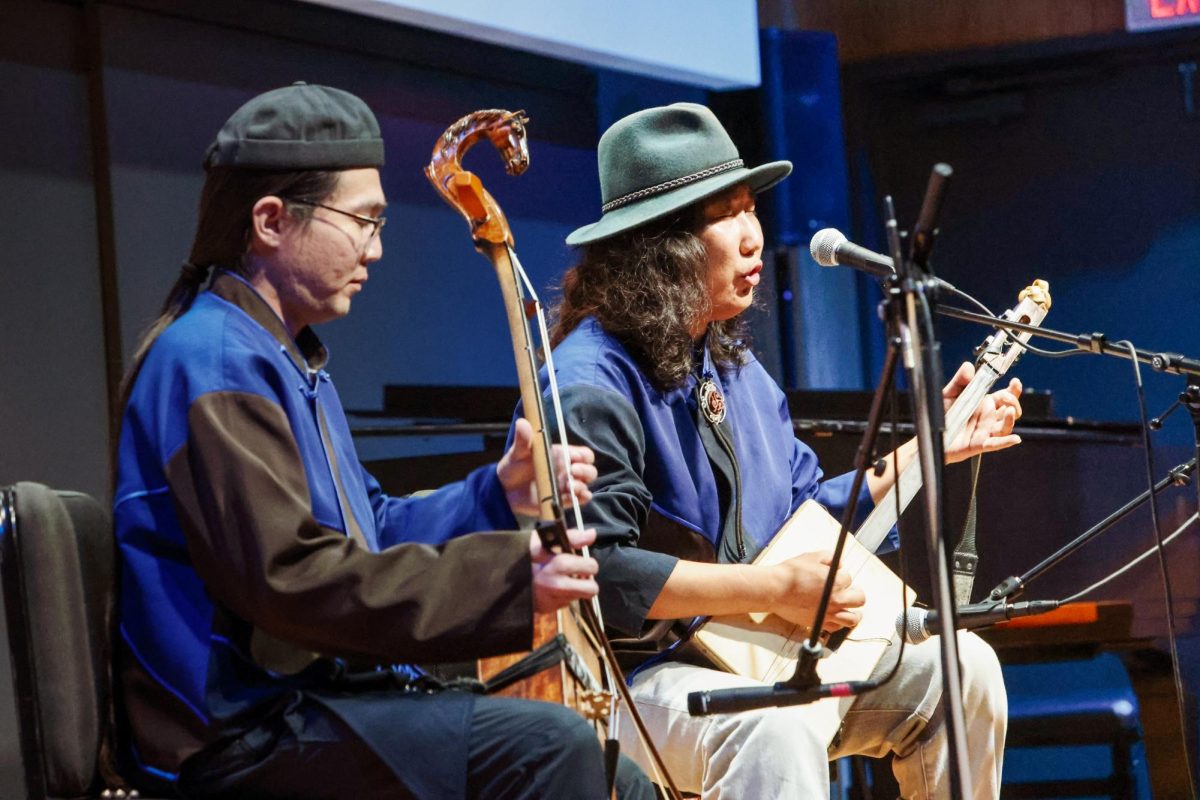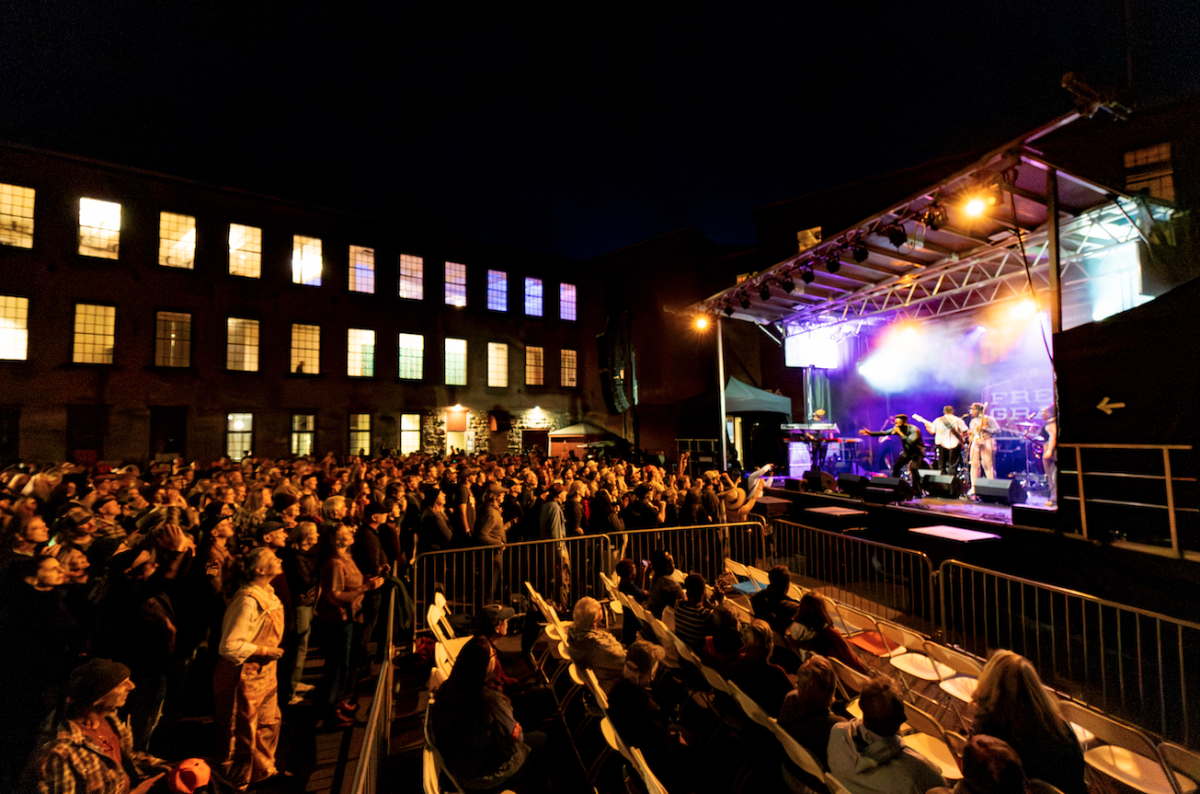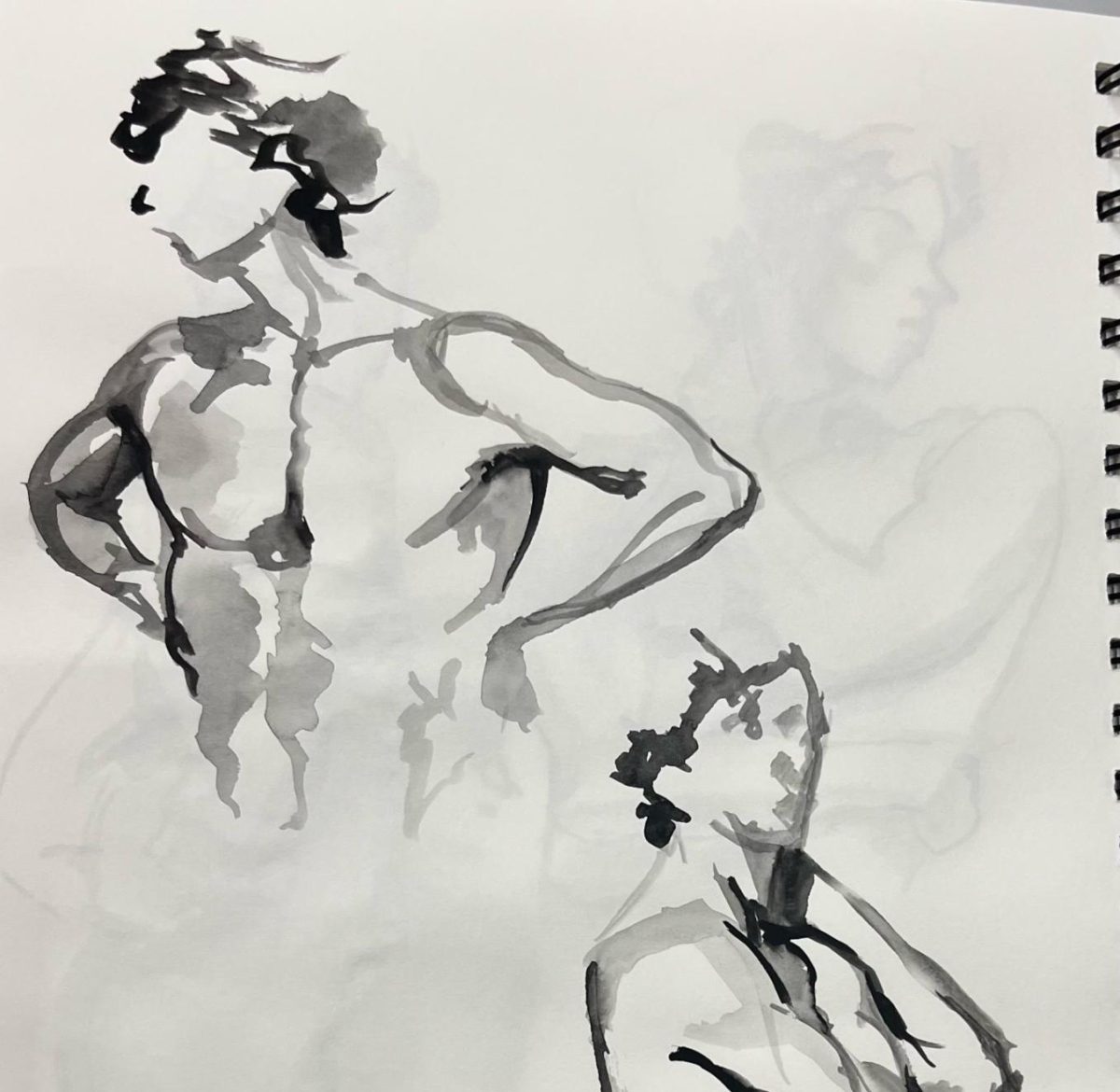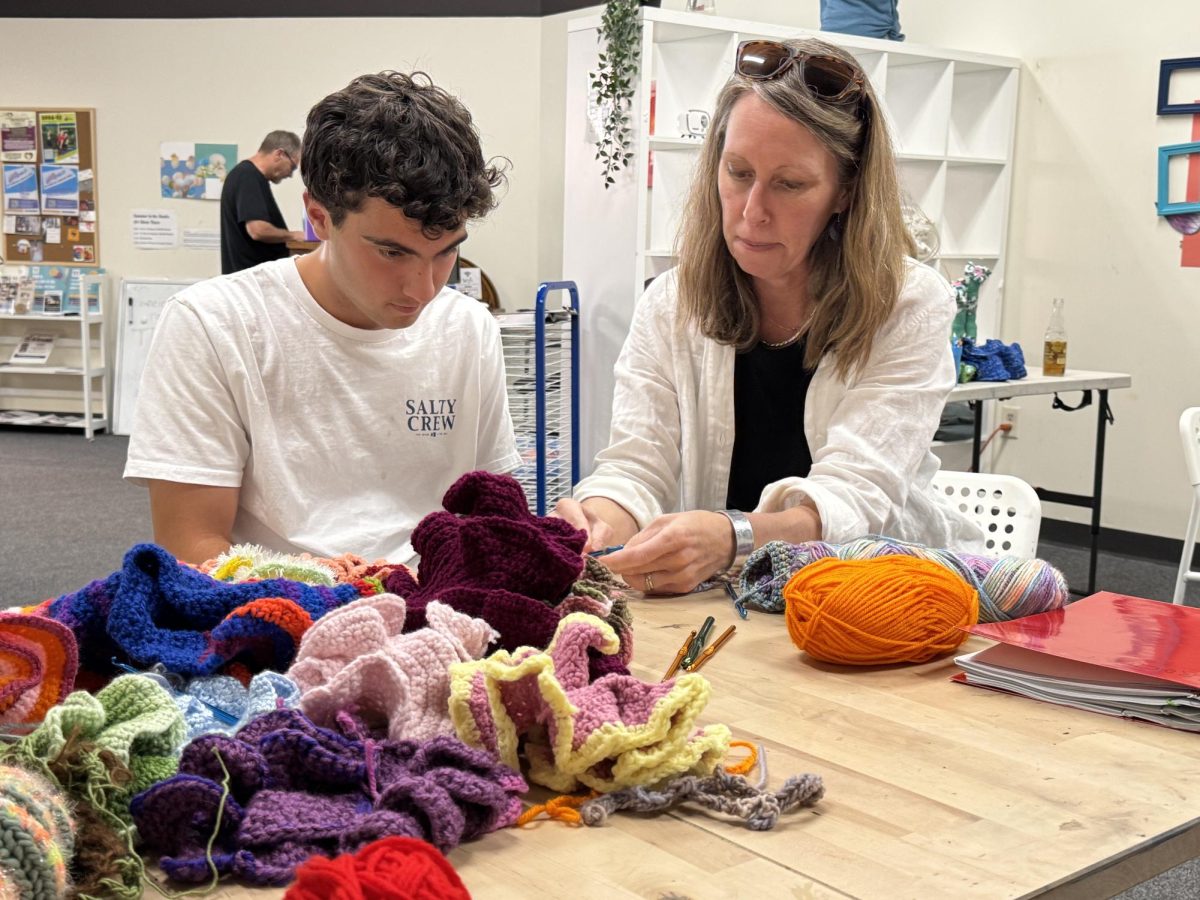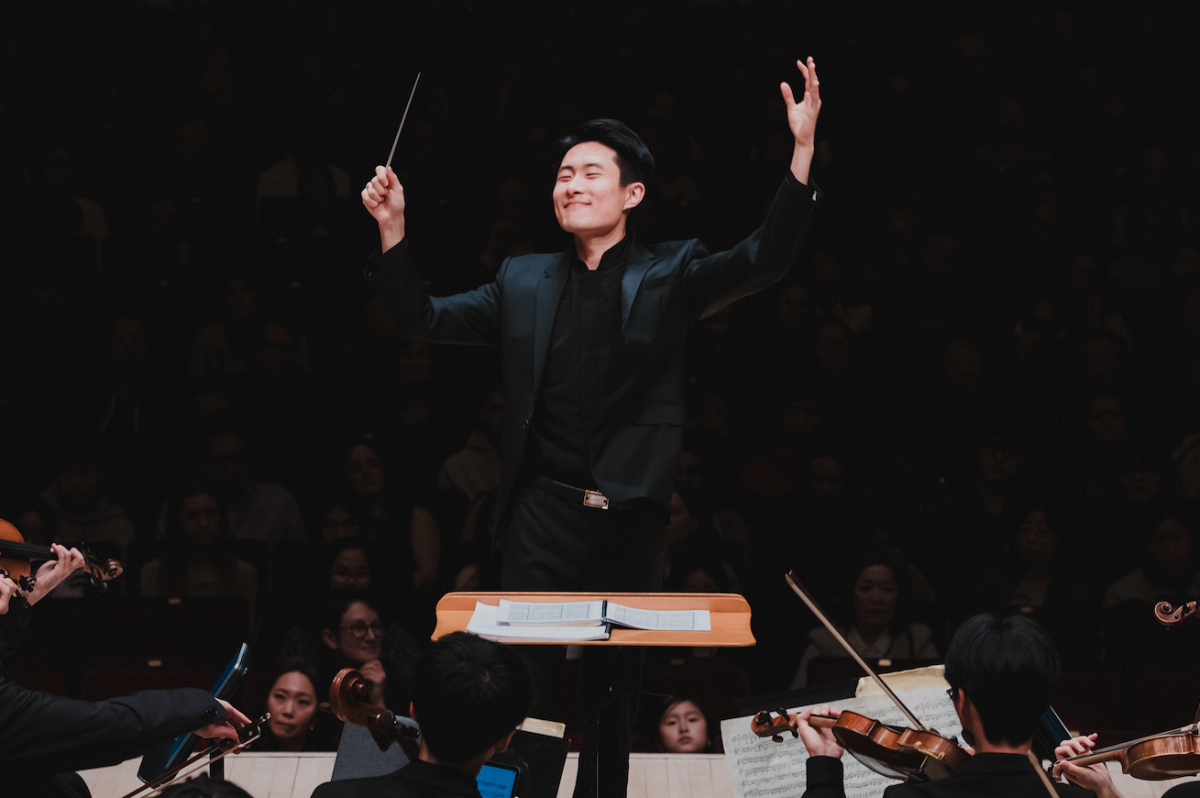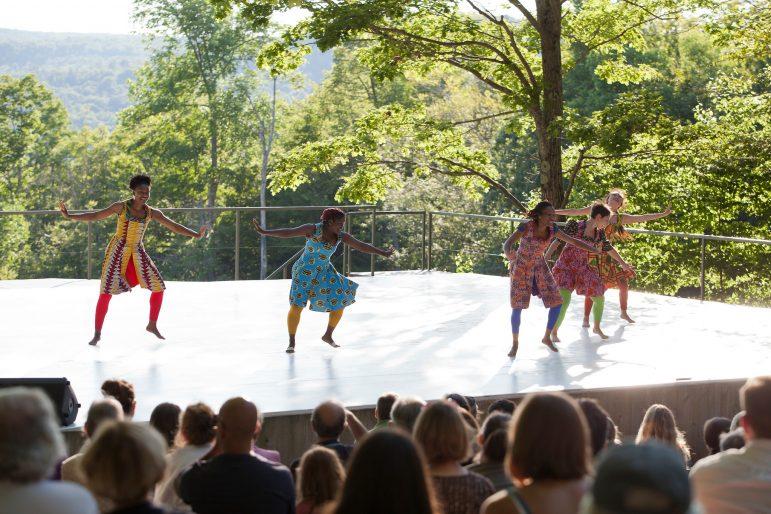
On Nov. 17, the Doris Duke Theatre at Jacob’s Pillow, a world renowned organization for dance performance and education in Becket, Mass., in Berkshire County, was destroyed in a structure fire. The fire was put out by firefighters from six neighboring towns, and the cause of the fire remains unknown. No one was hurt, and no other buildings were harmed.
“The Doris Duke Theatre was not ‘just’ a building,” wrote Artist-in-Residence in Dance Janine Parker in an email to the Record. “No kidding, every time I entered the Duke theater I felt a mixture of comfort — like coming home — and curiosity — what will this performance be like?”
“The Pillow” is a 220-acre National Historic Landmark home to America’s longest-running international dance festival, which brings thousands of people from across the world to the Berkshires each summer for free performances, talks, events and classes. In addition to the festival, the Pillow houses a prestigious professional dance training center, extensive dance archives, exhibits and community programs to engage residents of Becket, Pittsfield and surrounding towns.
The Doris Duke Theatre was the smaller of the Pillow’s two indoor theaters. “The Doris Duke Theatre served artists and audiences as a space that supported more intimate engagement and experimentation year round,” Senior Lecturer in Dance Sandra Burton wrote in an email to the Record.
“In the off season, choreographers were able to focus on working with dancers and other collaborators without the obligation of performances,” she said. “The Duke was also a site for discussion with artists, workshops for educators and retreats for other professionals (arts administrators, managers, scholars, presenters, funders) in the field annually.”
“The Doris Duke Theatre was just as much a classroom, a studio and a living room as it was a theatre,” said Alejandro Flores ’21 who has worked with the Pillow through the College Partnership Program.
The College has had both an informal and formal relationship with the Pillow for many years, starting with the Jazz Tap Project in the 1990s, a collaboration that included schools and organizations in Pittsfield where students researched and curated an exhibition and talk on the Jazz Tap Ensemble.
More recently, in the summer of 2014, College dance groups CoDa, Kusika, Sankofa and the Zambezi Marimba Band participated in the 2014 Inside/Out Performance on the outdoor performance space at the Pillow. The following summer, dancers from Sankofa and Kusika performed again.
For many students, these performances were the first time they had danced outside of the College, let alone on a professional stage. “Seeing those young people fired up with their first experiences with this hallowed place is priceless,” Parker said.
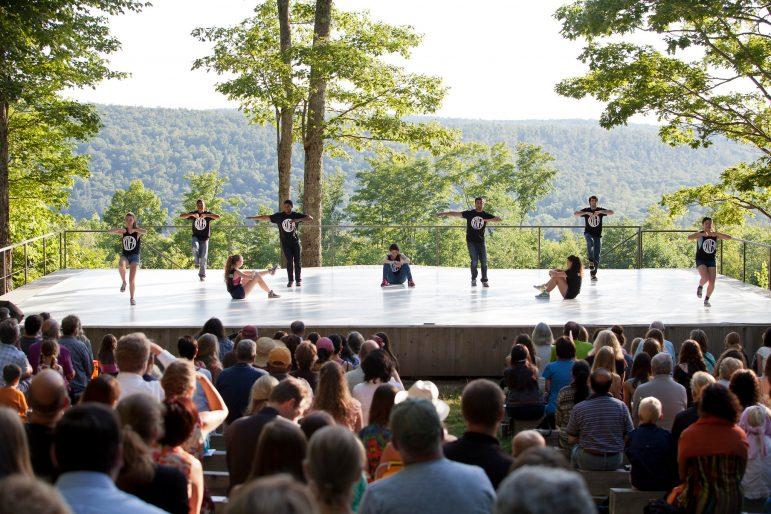
In addition to performing at the world class Pillow performance spaces, in 2018, WCMA collaborated with the Pillow to present the exhibition Dance We Must: Treasures from Jacob’s Pillow, 1906-1940 by gathering over 350 materials from both the Jacob’s Pillow Archives and Williams College Special Collections, including more than 30 costumes and accessories, more than 200 photographs, five original antique costume trunks and a dozen original artworks. The exhibition also featured dance performances by Artist-in-Residence in Dance Erica Dankmeyer and Panalee Maskati ’20.
The exhibition, exploring the contributions of Jacob’s Pillow founder Ted Shawn and his collaborator Ruth St. Denis to American modern dance, investigated how their choreography often drew from indigenous and international traditions. By examining the ways in which Shawn appropriated artforms from the people who created them, the exhibition dealt with themes of imperialism, colonization and racism in dance history.
“WCMA has given Jacob’s Pillow the extraordinary opportunity to bring so many precious objects from our collection into the light and we are excited to have people enter into the work of Ted Shawn and Ruth St. Denis in this immersive way,” said Jacob’s Pillow Director Pamela Tatge in a press release. “We welcome the wide spectrum of responses this exhibit will prompt as an opportunity to critically re-examine dance history and as a platform for discussion about issues of cultural appropriation and privilege.”
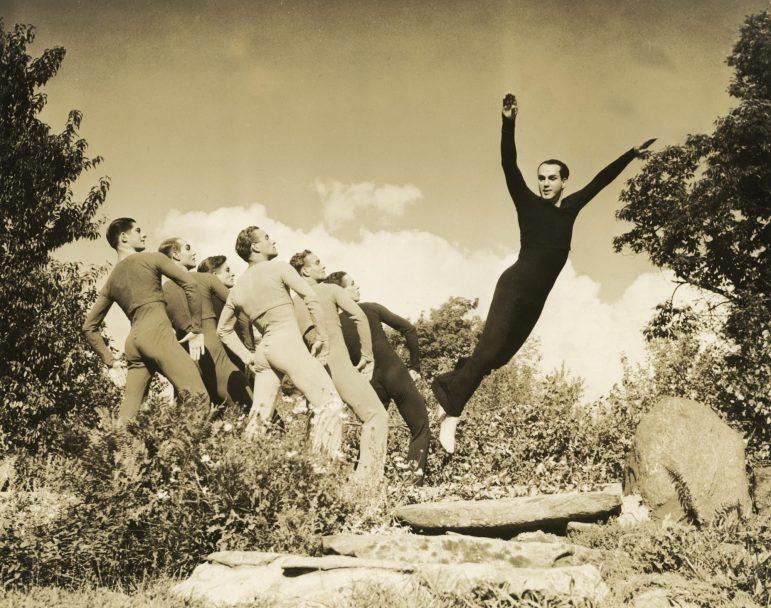
In 2019, the Williams Center Series presented the Akram Khan Company’s performance of XENOS. Additionally, the Dance Department is a member of the College Partnership Program which offers students and faculty access to the Pillow Lab artists, classes and spaces during the academic year. Students continue to compete successfully for coveted summer internships, and several members of the ‘62 Center production staff are Pillow alums.
“Our connections to The Pillow are deep and we understand the relationship to be a partnership in education and engagement locally and globally,” said Burton, who is a current member of the Pillow Board of Trustees and first came to the Berkshires to dance at the Pillow.
“There’s magic at the Pillow,” said Flores. “Students, staff and faculty have done research in their archive, danced in their classes, worked in their offices, attended their shows and even performed on their stages over the years.”
Community members are encouraged to share their memories with the Doris Duke Theatre or donate to support its rebuilding.
“The optimist in me believes that the Pillow’s history and presence in the local and worldwide dance community proves that it will continue on, that indeed it will continue to be a beacon and a leader,” said Parker.




